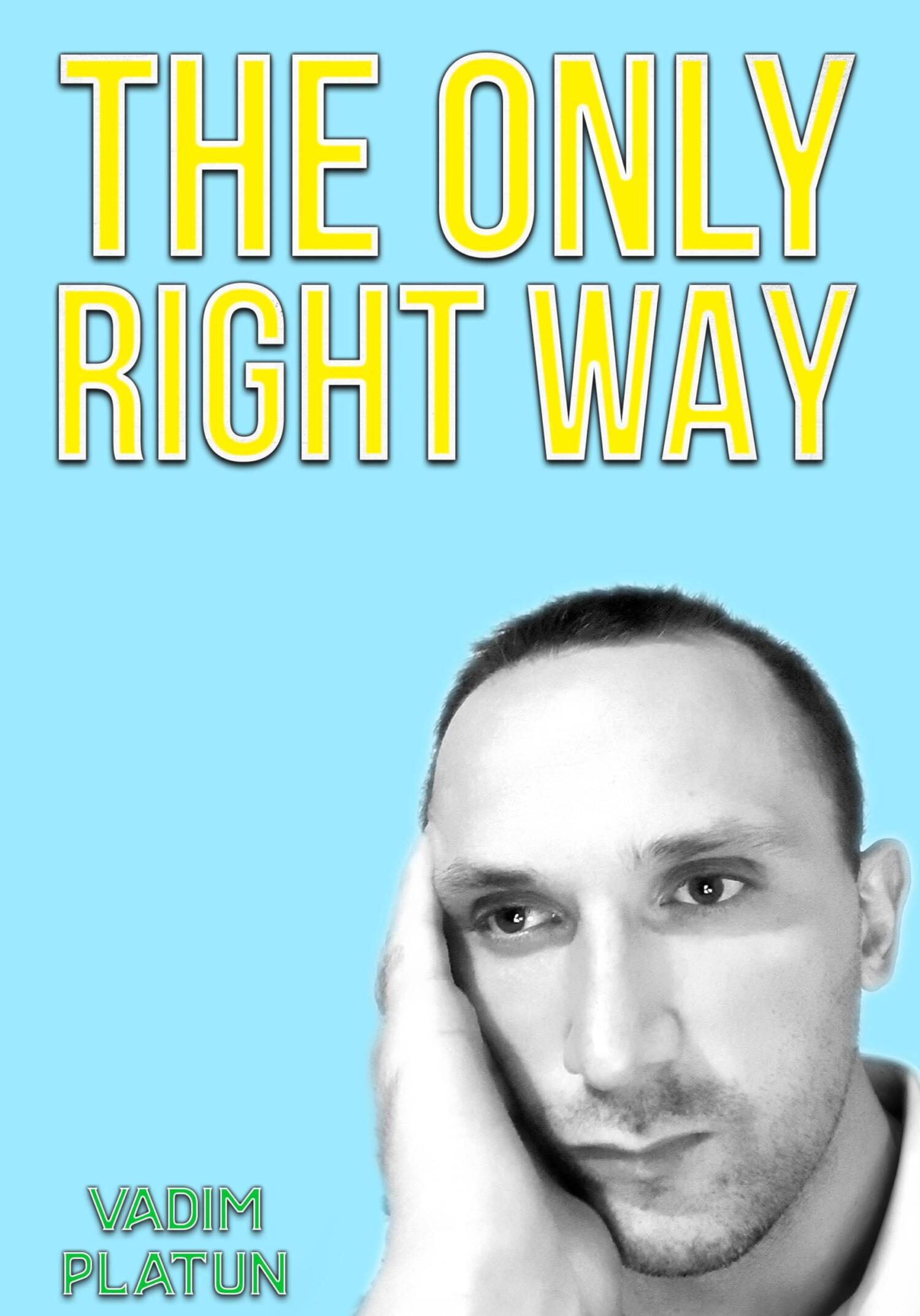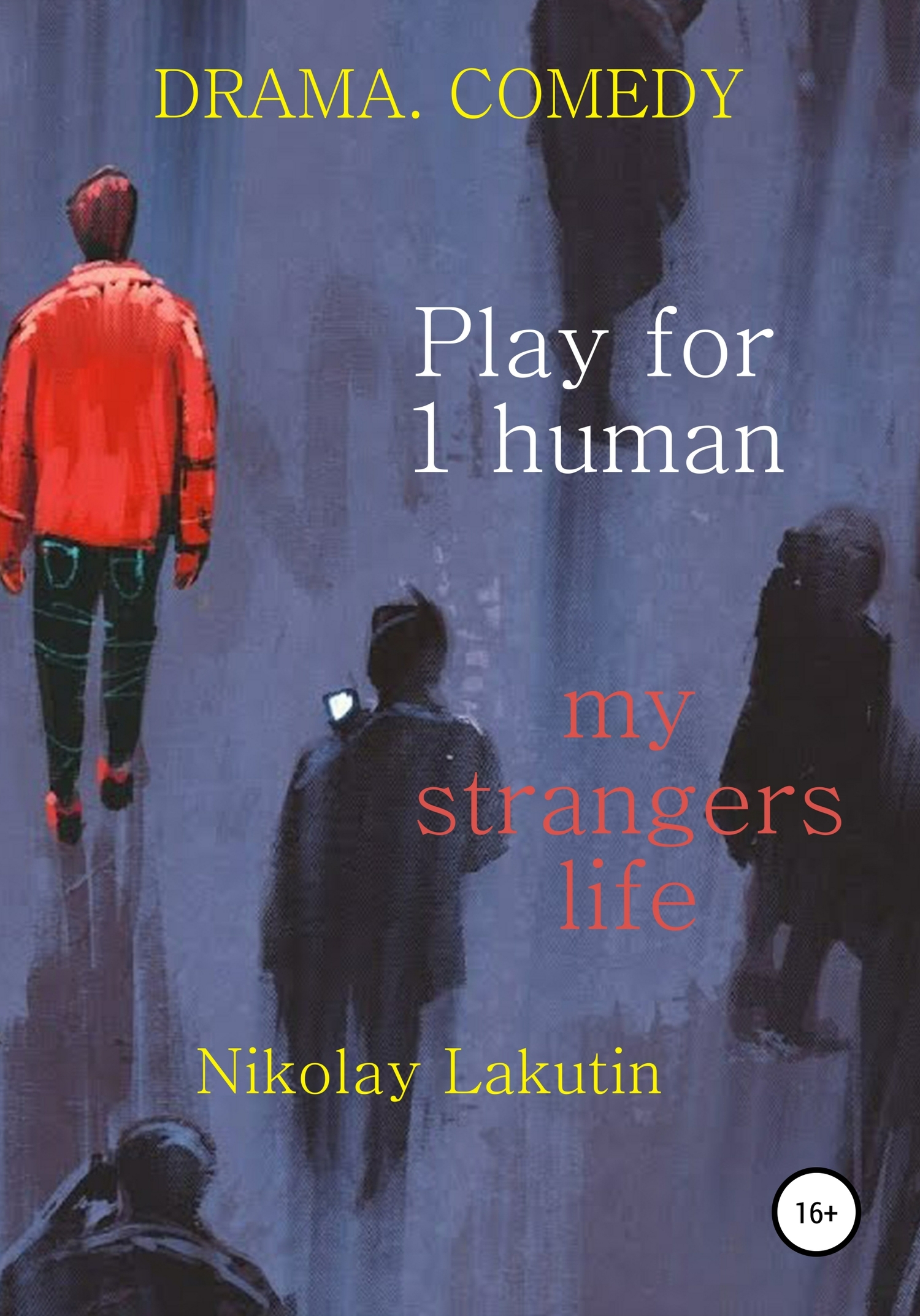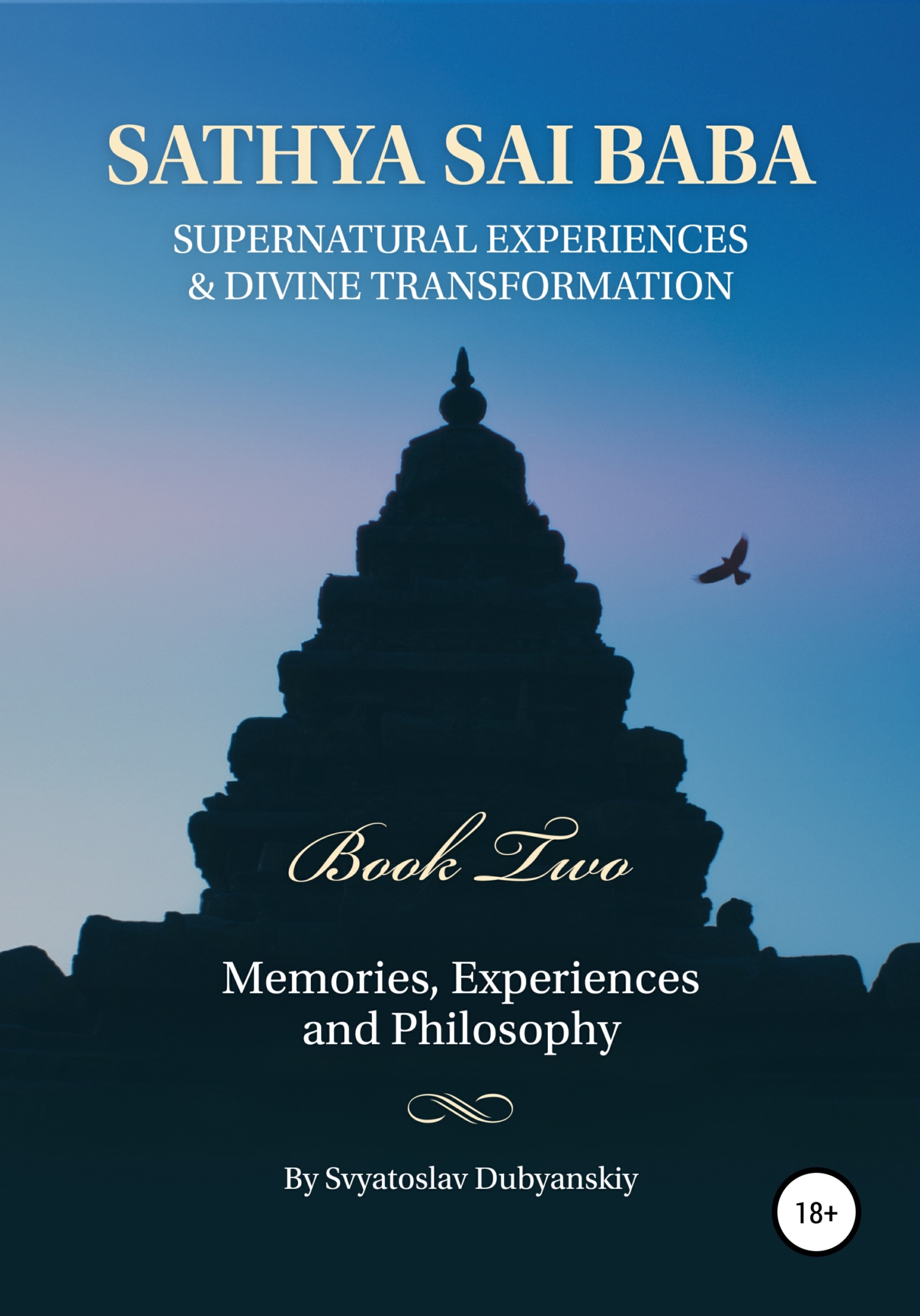it is time to wake up. But in the case of death, awakening is a complete disconnection from the outside world and a transition to the world beyond, to another reality, to another dimension, where absolutely everything is different. So you no longer care about what happens here on earth. You only care about what will happen to you after death. And this is a very important question in human life. You can find many pre-death interviews of celebrities or bloody criminals. What's interesting is that when death came to any of them, it was like magic. They started to say things that were contrary to their life path as if they'd been replaced. They put aside all their philosophy, all their false theories about life, about nothingness, about God. It was as if they forgot, did not notice or remember everything they had done all their lives, how they had lived, and what they had done. Just look at the latest interviews of famous godless people, atheists, and criminals. What silly excuses they come up with to justify their godless existence. Their minds are clear and sharp, their pupils dilated. Now they see everything perfectly, hear everything, feel everything, understand everything, and are not as bold as they used to be. Why is that? Because they know what awaits them now and who they will be facing. Every soul knows — that's why. In modern society, it is not common to talk about death. It's a difficult subject for everyone. As one poet said, "Do not spoil our celebration of life." I'm not comfortable with that option at all, and I don't want to hide my head in the sand from our reality. I know everyone doesn't like death, but I don't want to push those thoughts away. I think it's silly to do that. Besides, I think that everyone should be reminded of their end periodically in life to realize the truth. This will help you go through life in the right way, the only right way. Death is inevitable, no one can avoid it, and therefore I will think and reason about it. I want to be clear about where I am going, what awaits me, and what I need to prepare for. That makes sense, doesn't it? Well, for example, before you move to another city, you pack your suitcases with everything you need in advance, find out the routes, and book hotels, and you consider that a reasonable approach to the question of moving. In this case, it's the same, so what's the difference? Even in the case of death, it would make more sense to have the most serious preparation and knowledge than in any other case. You're not going for a weekend, you're going for eternity. Where am I wrong? Doesn't logic just evaporate for most people when it comes to death reasoning? In fact, a lot of people are very contradictory on this subject for some reason. Everyone seems to be trying to advocate logic, rationalism, and sanity. But as soon as it comes to their immediate future, all these people behave like little unreasonable children. They just cling to some dreams of billions, companies, and mansions, or they just drown in alcoholism, drug addiction, idleness, debauchery, indulge in false dreams, and think that everything will be fine. And what about your impending danger, your future "bankruptcy"? Do you not care at all? How can you call such people reasonable? No one wants to think about death: neither young nor old. You can call this attitude short-sightedness, stupidity, cowardice, or whatever you want, but it is not at all reasonable, rational, or sane.
So death is a kind of obstacle, a barrier that everyone has to overcome because it stands in front of every soul and the object of its aspirations. Death is what separates every living soul from its Creator. The Creator is the one who made you, He is infinitely more dear to you than even your parents. And if I am true to myself, if I sincerely love my Creator — I cannot understand how I can hate death. If you sincerely love someone, you rush to meet him, despite obstacles and distances. And who can be loved more than the Creator of you and everything — God? No one. So maybe I should love death instead of hating it? The only thing that should be frightening is to come to Him empty-handed and with a huge baggage of sins that I have managed to commit in such a short time. Without the stockpile of works that He has commanded us to do in the Scriptures. This is the only thing everyone should be afraid of. The logical conclusion of this reasoning is that every person should direct all his forces, all his thoughts and actions to be pleasing to our Creator, to please Him, and to collect the best stock of good deeds before death comes. After all, you will have to answer for your life's path afterward. I believe that the goal of every rational person should be to prepare for the most important meeting of his life — the meeting with the Lord, the Creator. And everything else is just a speck of dust.
I often communicate with unbelievers, whether for work or just with old acquaintances. I study their lives and their psychology, and I talk to them about various subjects. As sad as it may sound, in the absolute majority of cases I see that they are, unfortunately, mostly very unhappy people. But at least in my whole life, I have never met a really happy unbeliever, not even one! I try to explain all kinds of things to them, but as soon as they hear the word "God," their faces change, they are disgusted. I can see that it is not because they do not believe in God. A person who does not believe in





